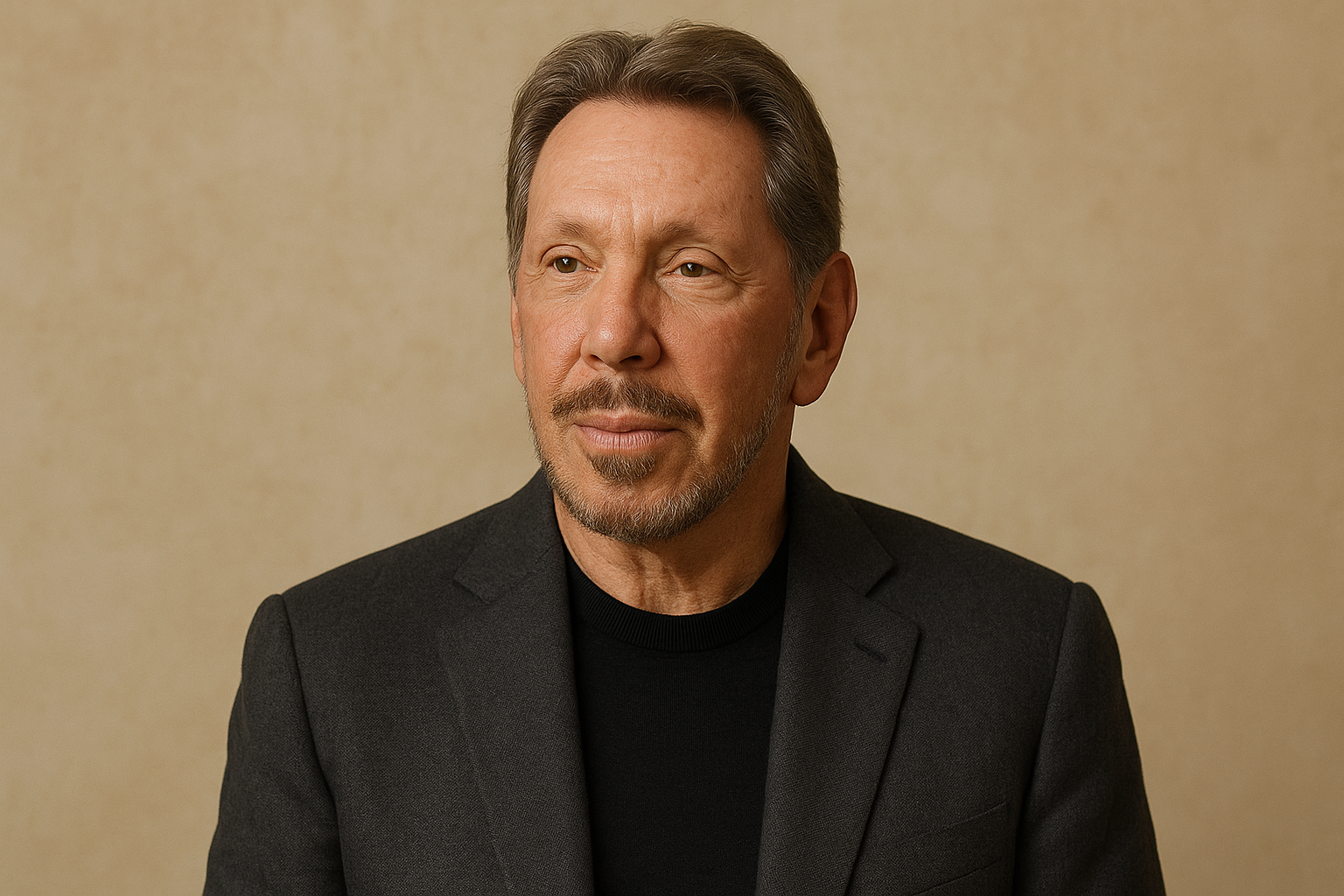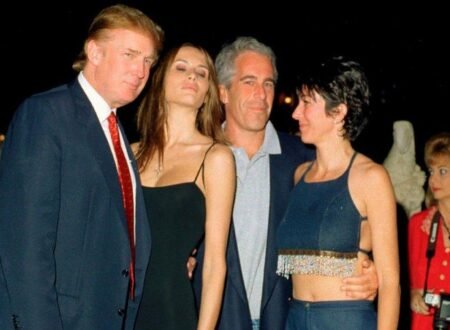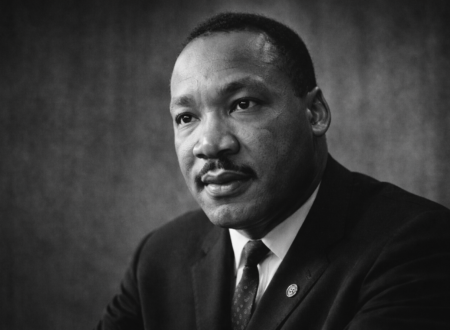Larry Ellison Reveals The Crucial Life Lesson He Learned From His Father A Blueprint For How Not To Be
Larry Ellison, the cofounder of tech giant Oracle and one of the world’s wealthiest individuals, has long been known for his relentless ambition and competitive nature. But the root of his remarkable success, he once revealed, lies in a fundamental principle forged in his childhood: a deep seated reluctance to accept any authority without question. For Ellison, this powerful instinct to challenge the status quo was not inherited but was a direct reaction to a profound example set by his adoptive father.
The Adoptive Father’s Blind Trust
Born in New York and raised in Chicago, Ellison was adopted by his maternal aunt and uncle at nine months old. While the experience of adoption did not define his path, his relationship with his adoptive father, Louis Ellison, proved to be one of the most important formative influences of his life.
Louis Ellison was a Russian immigrant who served as a World War II bomber pilot. He possessed an immense and unwavering love for the United States, a dedication that manifested in a total and blind trust in the government, in experts, and in all forms of authority. He was a man who simply did not question the policies or the conventional wisdom of the day.
For the young Larry Ellison, witnessing this absolute obedience was not an inspiration; it was a powerful warning. He saw this unquestioning loyalty as a fundamental weakness. As he would later recount, his father’s complete trust became the perfect, inverse example of “how not to be.” It taught him that the path to independent thought and true success required an entirely different approach: one of constant curiosity and skepticism.
The Habit of Questioning Everything
Ellison’s habit of challenging authority began early and remains, by his own account, the most significant factor behind his extraordinary achievements. He has noted that his personality has remained largely unchanged since he was a child, describing himself as someone who simply always asks questions a lot.
This skeptical nature led to constant friction in formal educational settings. As a child, Ellison constantly pushed back against teachers who prioritized rote memorization over genuine curiosity and independent thought. He quickly realized that many educators valued obedience more than they valued critical reasoning. In his view, this mindset stifles creativity and prevents the type of original thinking that leads to innovation.
Ellison’s personal philosophy suggests that blind faith in experts, particularly in rapidly evolving fields like technology and science, can be dangerous. He counsels people to question authorities and experts rather than simply assuming they are correct because of their title or position. Innovation, he maintains, is inherently dependent on a willingness to challenge accepted truths.
He noted that human beings are driven by two powerful instincts: the desire to be loved and accepted, and the urge to think freely. These two forces often collide. To gain acceptance from parents, peers, or society, people tend to conform, often sacrificing their individuality and free thought in the process. Ellison chose the latter, prioritizing free thought over conformity.
From College Dropout to Billionaire Founder
This philosophy of constant skepticism and nonconformity proved to be the ideal foundation for building one of the world’s most enduring technology empires. Ellison dropped out of two universities before he embarked on his entrepreneurial journey.
In 1977, he cofounded Oracle, then named Software Development Laboratories, with just $2,000 of his own money. The company’s initial funding included a crucial $50,000 contract from the CIA, which was seeking a database system. Oracle went public in 1986, right before Microsoft’s public offering.
Today, Larry Ellison is the world’s second richest person with a net worth of over $340 billion, a fortune largely derived from his significant stake in Oracle. The success of the company, and of Ellison himself, is a testament to the power of that early lesson: that success often comes not from following the established rules, but from critically questioning every rule and authority that stands in the way of a better idea. His life stands as a powerful argument for the necessity of skepticism in the pursuit of innovation and wealth.





